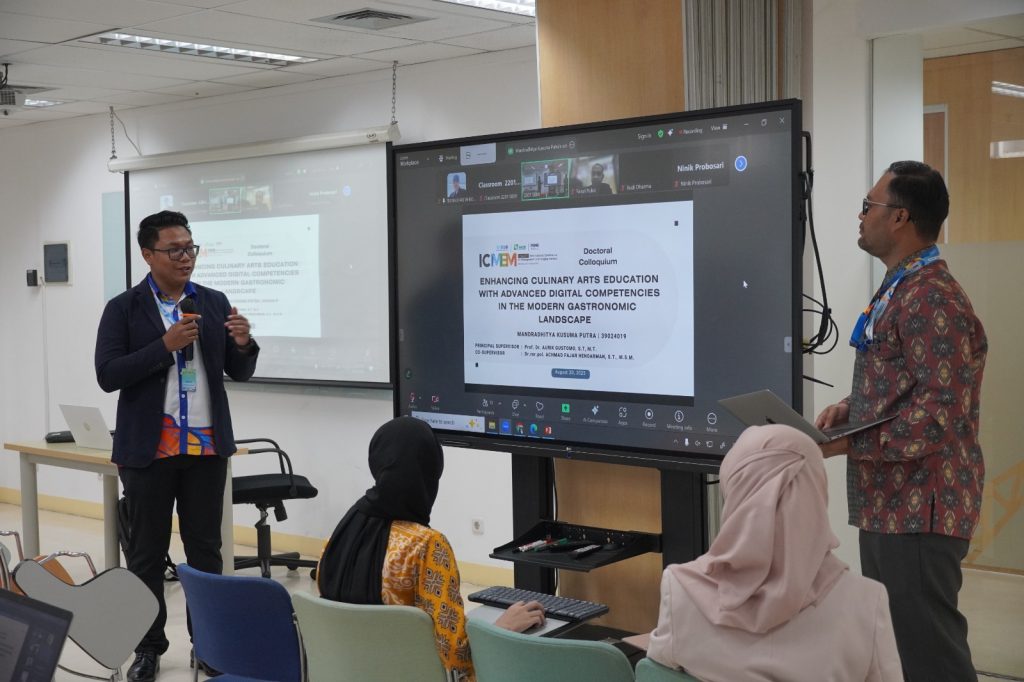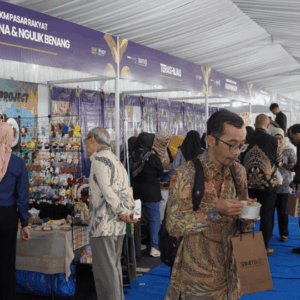Mohamad Rohieszan Ramdan, a Senior Lecturer from Sultan Idris University of Education (UPSI) Malaysia, had the opportunity to explain the scoping review method during a workshop titled “Strategies for Scoping Review Workshop: Tips and Tricks to Publish at Reputable Journals” at the SBM ITB, in Bandung (August 20). This method helps map the broad and complex research landscape. However, according to Ramdan, scoping reviews are often misunderstood.
“There is no single, universally accepted definition, but the main feature of a scoping review is its ability to answer more general research questions and conduct broad literature exploration, unlike a more focused systematic review,” said Rohieszan. The workshop was part of the 9th International Conference on Management in Emerging Markets (ICMEM) organized by SBM-ITB.
Rohieszan thoroughly explored various crucial aspects of a scoping review, starting with its fundamental purpose. The primary goal of the scoping review method is to provide an overview of a field of study, identify knowledge gaps in the literature, and determine the feasibility of conducting a more in-depth systematic review. However, Rohieszan dismissed the notion that a scoping review is a quick process.
“Although it may seem more flexible, a thorough and high-quality scoping review requires time and thoroughness. It’s not a ‘lower’ version of a systematic review, but rather a method with distinct objectives and strengths,” he emphasized.
In addition to the conceptual foundation, Rohieszan also equipped workshop participants with a practical methodology for producing quality research. He presented a structured, step-by-step guide, similar to the PRISMA format, which includes formulating research questions, identifying relevant studies, selecting literature based on strict criteria, detailed data mapping, and finally, the final process of compiling, summarizing, and reporting findings narratively and visually.
This workshop is designed to enhance researchers’ capacity to produce high-impact literature reviews, thereby increasing their chances of success on the global publication stage.






